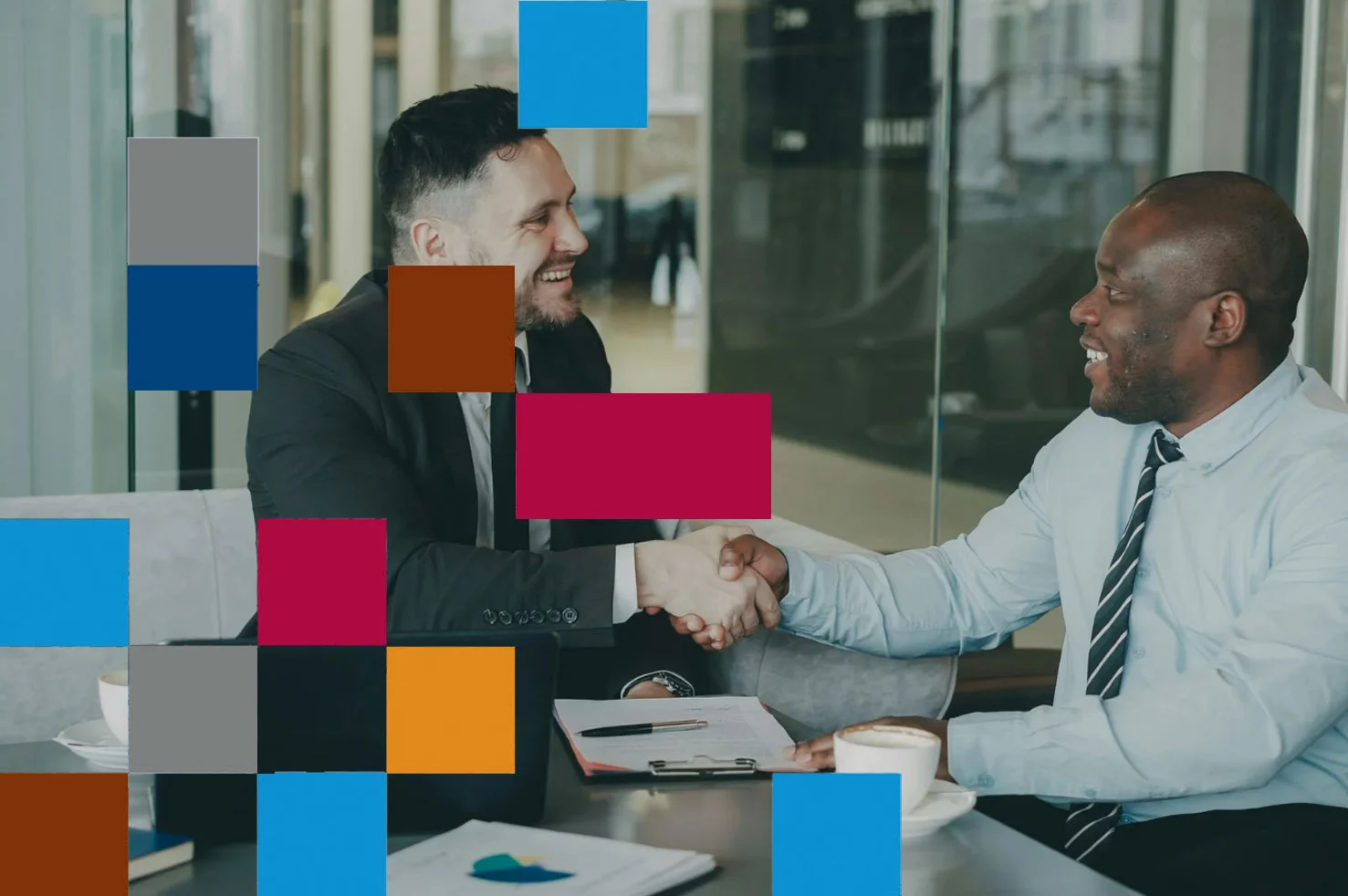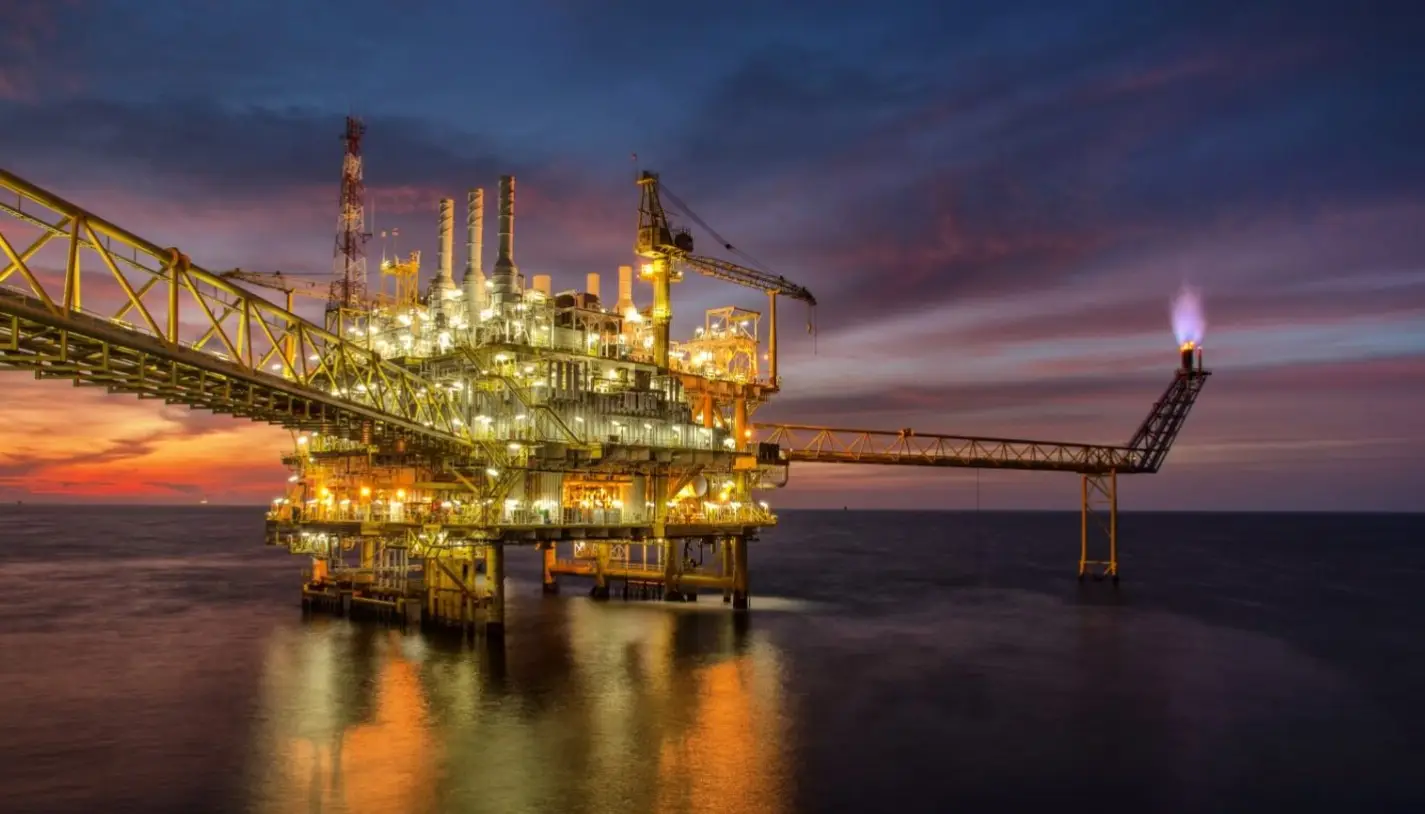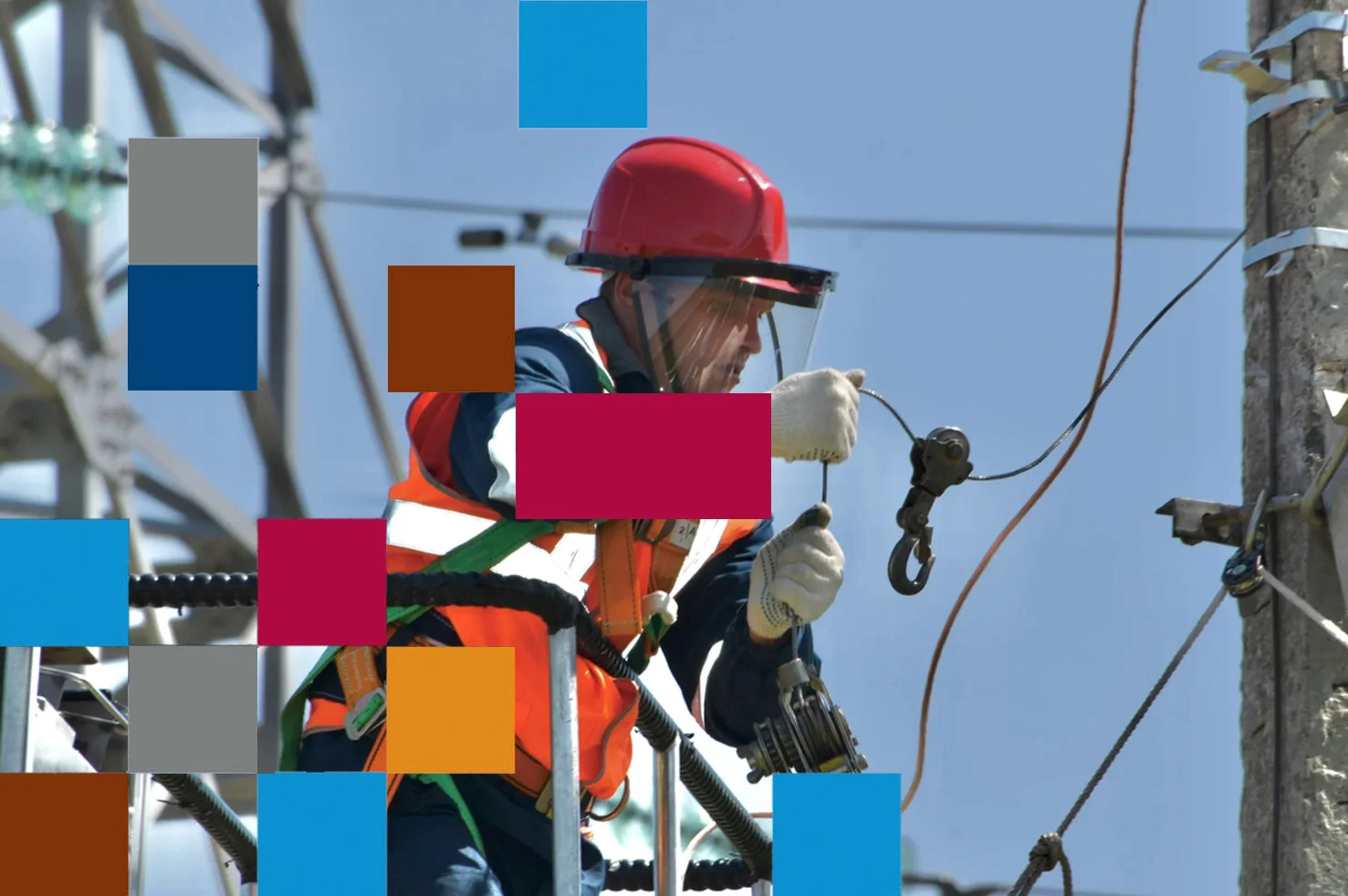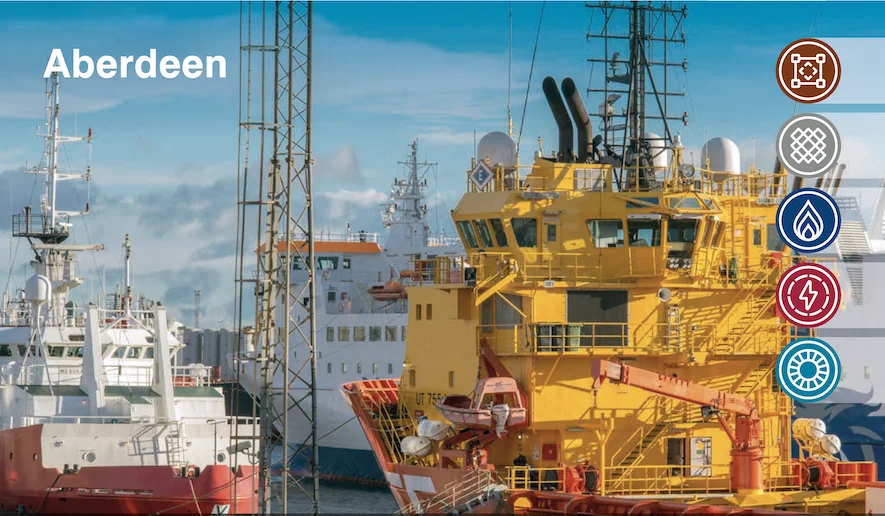
Offshore Recruitment: Why It's Getting Harder to Hire at Speed and How to Improve It
22 Jul, 20258 Minutes
The changing tides of offshore talent acquisition
Remember when offshore recruitment was straightforward? Those days seem to be drifting away. Across the North Sea, Middle East and Gulf of Mexico, demand for offshore talent remains, but bringing people on board quickly has become increasingly challenging.
Project deadlines haven't become any more lenient, yet the recruitment process struggles to keep pace. Extended rotations, more complex compliance requirements and evolving candidate expectations all contribute to the difficulty in filling roles promptly. And when delays occur offshore, the knock-on effects can be serious, from missed mobilisation windows to crews operating below optimal strength.
Let's explore what's changed in offshore hiring, where the common delays crop up, and how you might speed up recruitment without compromising on quality. We'll also highlight how Orion's specialist offshore team supports clients with rapid mobilisation, compliant hiring and comprehensive workforce planning.
What's Changed in Offshore Hiring?
Offshore recruitment is becoming slower, not because demand has dropped, but because too many parts of the hiring process are getting stuck. The pace of oil and gas recruitment simply hasn’t kept up with how offshore projects now operate.
Project timelines are tighter than ever
Operators are approving projects with shorter lead times, especially across the North Sea and Middle East. Many start with just weeks’ notice, leaving limited time to source, vet, and mobilise candidates. GlobalData reports over 70 new oil and gas developments are planned across the North Sea by 2028, most with short planning cycles. Offshore recruitment has become a race against the clock.
The workforce is shrinking and ageing
Nearly 50% of offshore oil and gas professionals in the UK are aged over 45. Research from OEUK suggests the industry must replace or retrain 125,000 workers by 2033 to meet demand. The talent pool is not just smaller - it is under increasing pressure, and many experienced contractors are choosing to step away.
Changing industry environment
Oil and gas staffing is being hit by shifting expectations. A recent report by Robert Gordon University says that thousands of offshore energy jobs could at risk unless action and investment is taken. This leaves current and new contractors uncertain about the future of the industry, where they could leave it entirely. While the industry's performance remains uncertain, other reasons for a change in career is the demand for shorter rotations, better day rates, and clear onboarding timelines before accepting new or continued roles.
Compliance requirements have increased
Offshore mobilisation now involves medicals, safety training, visa paperwork, and proof of up-to-date certifications. Delays in one area can stall the entire process. In the Gulf of Mexico and Middle East, onboarding timelines are regularly affected by slow visa approvals and local training requirements.
Contract roles now dominate
Permanent offshore engineering jobs are becoming less common. Most offshore recruitment is now focused on short-term, project-specific roles. This means continuous hiring cycles, more churn, and greater strain on internal hiring teams.
With fewer contractors available, more administrative delays, and rising project urgency, hiring managers can no longer rely on traditional methods. Offshore recruitment needs to be faster, more organised, and more aligned to how today’s oil and gas projects run.
Where Hiring Typically Breaks Down
It’s not always a lack of candidates causing delays. Offshore recruitment often stalls because of issues in the process itself. Planning gaps, slow communication, and unclear job scopes are the biggest culprits. And when the process slips, even the best oil and gas staffing partner will struggle to keep up.
Here are the most common breakdowns we see:
- Unclear or changing role briefs: Job specifications that shift mid-process lead to confusion, restarts, and wasted time. When offshore engineering jobs are not clearly defined from day one, recruitment efforts lose momentum quickly.
- Disconnected hiring teams: Poor coordination between project leads, HR, and recruiters means vital decisions are delayed. A slow sign-off process or unclear point of contact can stall progress for days.
- Insufficient planning for compliance: Certification renewals, offshore medicals, and safety courses all require notice. If these aren't factored in early, mobilisation will almost always be pushed back.
- Manual onboarding delays: Background checks, references, and online training modules take longer when managed by hand. Without a clear workflow, contractors are left waiting, and projects risk losing availability.
- Reactive recruitment instead of forecasting: Relying on last-minute hires leaves no room for error. With contractor availability tightening, businesses need to plan months, not weeks, ahead.
Even small hold-ups in one of these areas can lead to missed weather windows, incomplete crews, or extended downtime offshore. One delayed visa or expired cert can push an entire mobilisation schedule out of sync.
The key message for hiring managers: offshore recruitment requires momentum. Having access to qualified people is only one part of the puzzle. The ability to move quickly depends on clarity, coordination, and preparation - ideally in partnership with a specialist oil and gas recruitment agency that understands the practical challenges involved.
What Offshore Candidates Want in 2025
Offshore recruitment in 2025 isn’t just about availability. It’s about alignment. Contractors have more choice, higher expectations, and far less tolerance for slow or inflexible processes. Companies that want to hire quickly, and keep contractors engaged, need to understand how candidate priorities have changed.
Key factors influencing contractor decisions today include:
- Shorter, more predictable rotations. Many contractors now prefer 1:1 or 2:2 schedules. Longer stints are less attractive unless the pay compensates for the time away. One global survey found that 53% of offshore workers would be more likely to accept a role if it offered shorter rotations.
- Day rates that reflect rising costs. With inflation, new tax rules, and more options on the table, contractors are watching pay rates closely. Even a small difference in daily pay can be enough to turn down a role.
- Location and lifestyle. The rise in onshore oil and gas engineering jobs and renewable energy projects means more professionals are choosing roles closer to home. This is especially true for those with family or long-term commitments.
- Efficient, transparent onboarding. Candidates expect clear timelines, easy access to training modules, fast turnaround on medicals, and contracts delivered without delay. When processes drag, they drop out.
- Security and clarity. Contractors want to know exactly what they’re signing up for. Clear start dates, confirmed project durations, and reliable travel arrangements all help build confidence before deployment.
Some of these expectations are being driven by younger workers entering the industry. Others reflect a wider shift towards candidate control. In either case, the result is the same: if a hiring process is slow, vague, or too rigid, contractors will move on.
For employers, this means building flexibility into role design, improving communication at every stage, and planning further ahead. Offshore recruitment isn’t just about finding people. It’s about making the process work for them too.
Hiring Faster Without Cutting Corners
Speed in offshore recruitment should never mean sacrificing safety, compliance or quality. The best results come from combining urgency with structure and planning.
Here’s how to move faster without risking standards:
- Partner with offshore specialists: Experienced recruiters like Orion know the timelines, certification cycles, and regional requirements that shape effective oil and gas staffing.
- Maintain a live talent pool: Having pre-vetted professionals ready to go reduces admin and eliminates delays.
- Use role templates: Recurring oil and gas engineering jobs benefit from pre-agreed profiles to avoid last-minute scope changes.
- Recruit continuously for core roles: Welders, electricians and rope access technicians are always in demand. Pipelines dry up fast without forward planning.
- Engage recruiters early: Getting support during tender or pre-FEED stages allows more time to source the right people.
Orion keeps compliance central to everything we do. From visa checks to training expiry tracking, our processes are built for fast deployment without cutting corners. Whether it’s helping operators meet urgent project timelines or advising EPCs on long-term mobilisation, we bring structure and foresight to your oil and gas recruitment strategy.

Final Thoughts: Why Offshore Recruitment Needs a Fresh Approach
The pressure on offshore recruitment is growing. Projects are still moving, but how they hire – and what candidates expect – has changed dramatically. Today’s teams operate across tighter timelines, with stricter compliance and far more competition for talent. Traditional recruitment models are struggling to keep up.
Oil and gas recruitment in 2025 needs to reflect this shift. That means ditching one-size-fits-all strategies in favour of tailored plans that work by phase, region and project type. It means listening to offshore contractors and adapting to what matters to them: shorter rotations, faster onboarding, clarity, and competitive day rates.
It also means rethinking how hiring teams work. Delays often come not from candidate shortages, but from unclear role specs, slow internal approvals, or outdated manual processes. To keep up with demand, businesses need faster, more structured approaches that maintain high standards.
This is where a specialist oil and gas recruitment agency adds value. With access to live contractor networks, knowledge of market trends, and systems built for rapid deployment, recruitment partners can make the difference between hitting a mobilisation window or missing it.
Need Offshore Talent Quickly?
Have an offshore project on the horizon? Need to fill positions urgently?
Orion's specialist offshore recruitment team is ready to help. We support operators, EPCs and service providers with everything from individual placements to full crew mobilisation.
With an active network of pre-vetted contractors, deep understanding of offshore requirements, and extensive experience delivering at speed, we're a recruitment partner you can count on.
Whether you need a single engineer or an entire shift team, let's make your next hire fast, compliant and effective.


